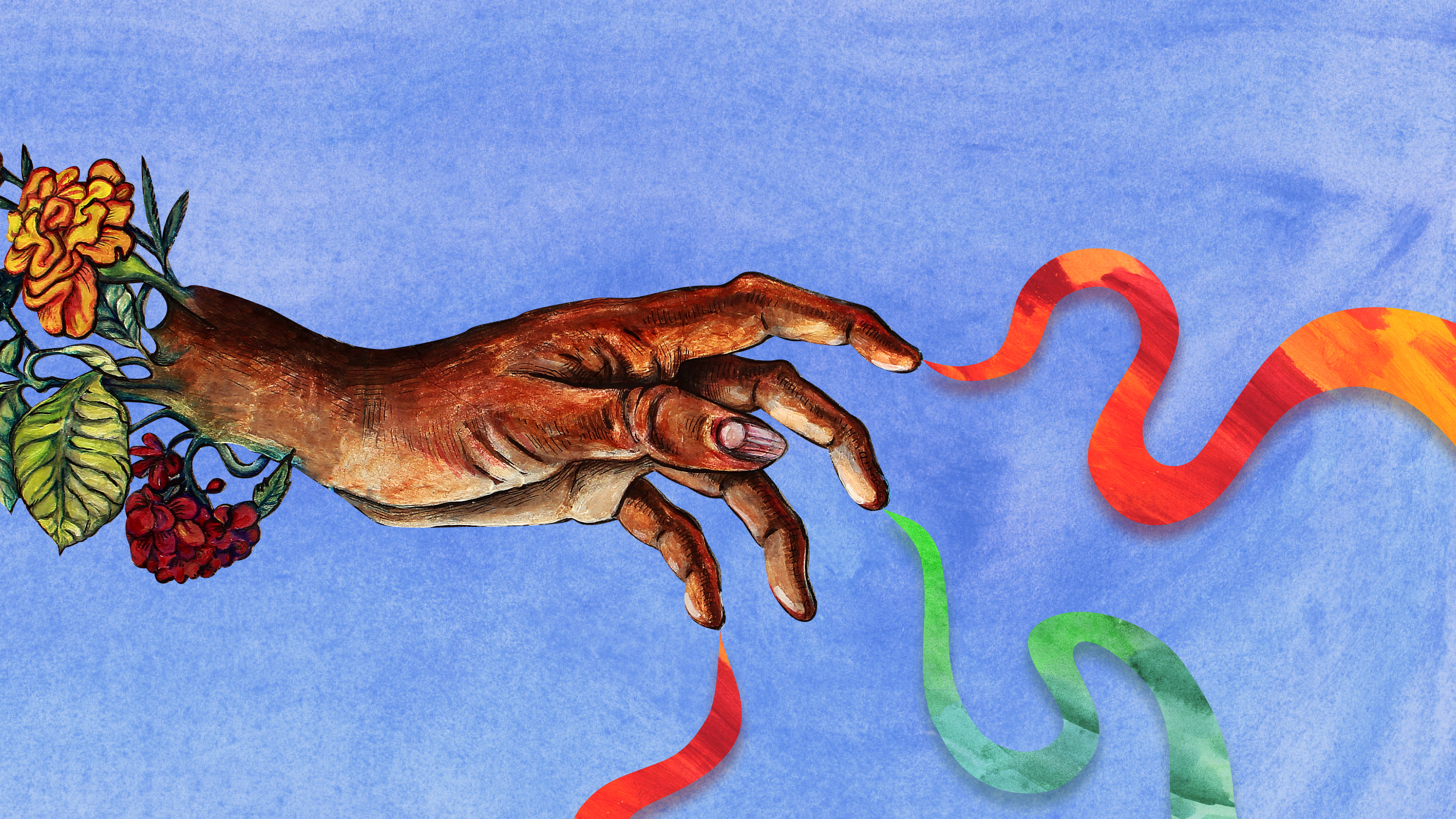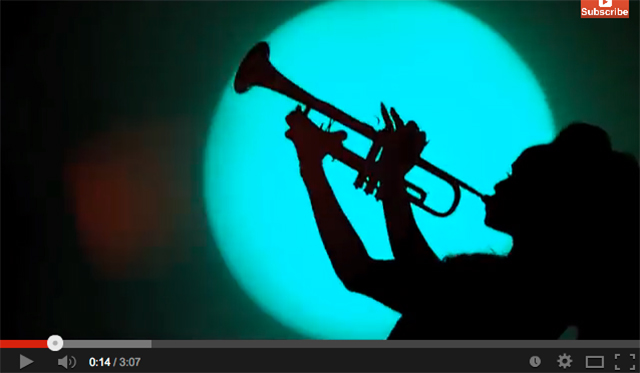Bill Frisell’s Music Education: From Mickey Mouse to Miles Davis

When Bill Frisell was young, he says remembers watching the “Mickey Mouse Club” on his family’s new television. “The leader of the Mouseketeers was this guy named Jimmy and he’d play a guitar and I just thought that was really cool. At that time I made myself a pretend guitar out of a piece of cardboard and rubber bands and somehow I just stuck with that my whole life.”
In his Big Think interview, Frisell says that when he finally saved up enough money to buy his own electric guitar, he was immediately in a band. In those days, that’s how it worked: “If you owned the instrument then you were automatically in a band. You didn’t really have to play. My friend got an electric guitar and then within a couple of weeks, we were playing at parties on weekends,” he says.




